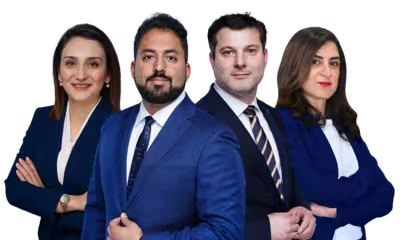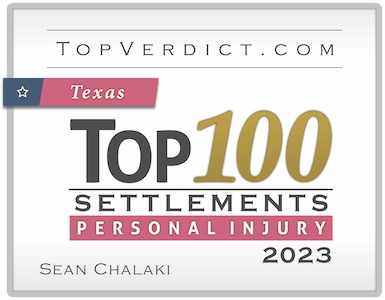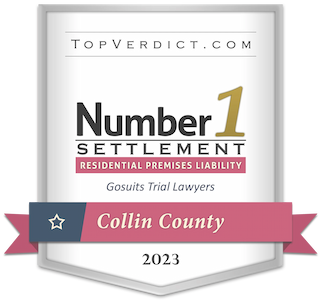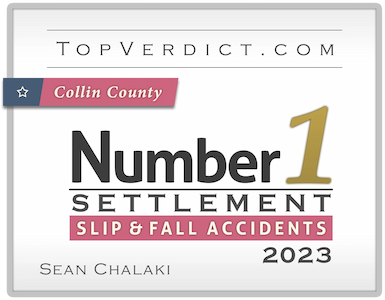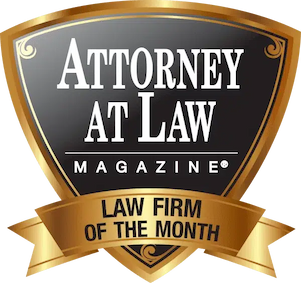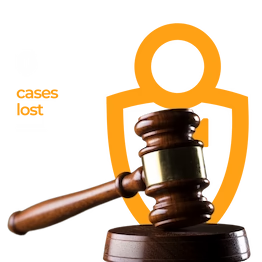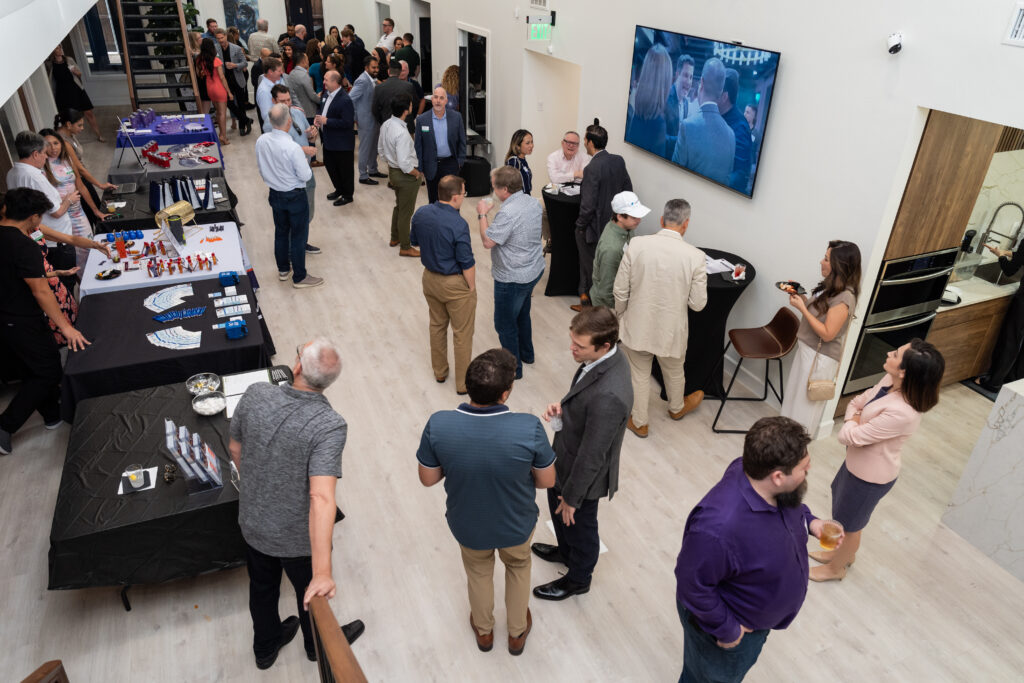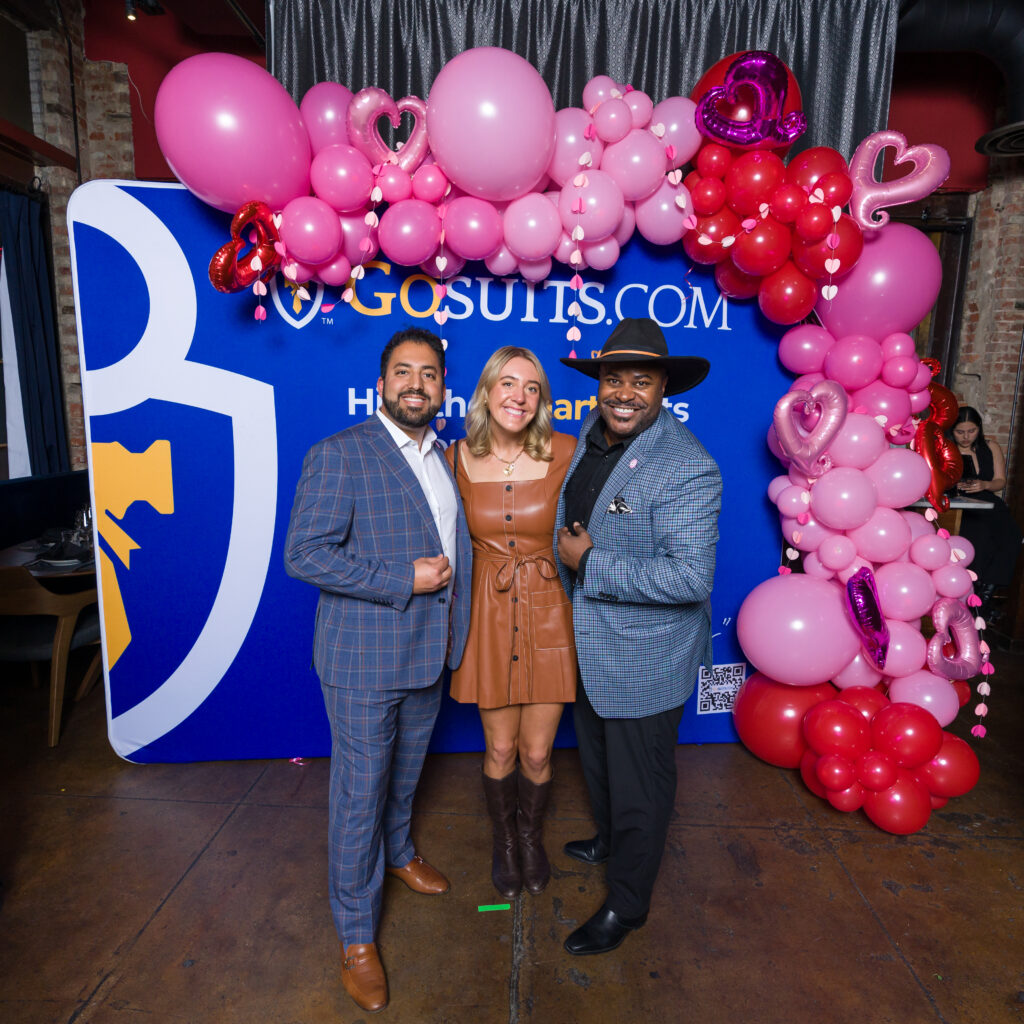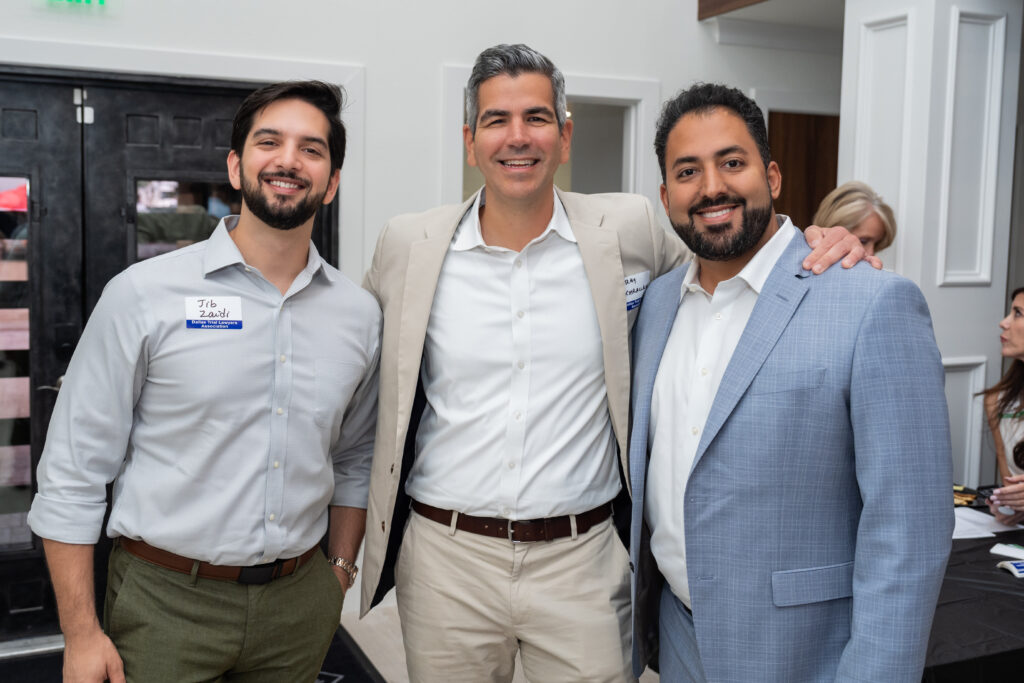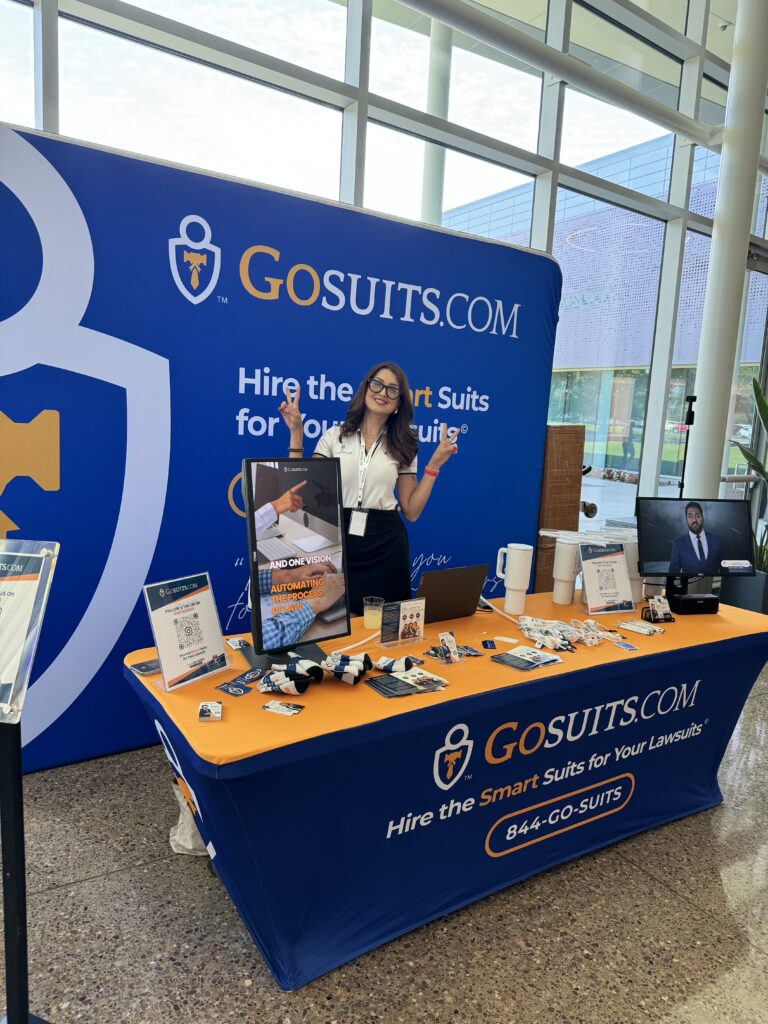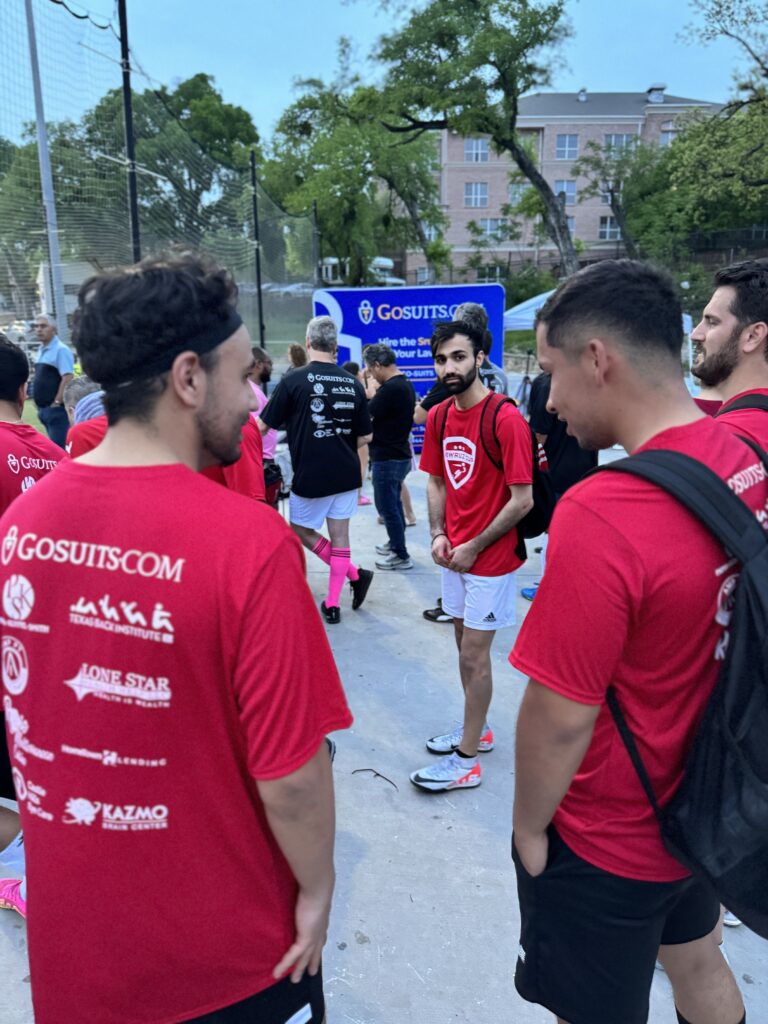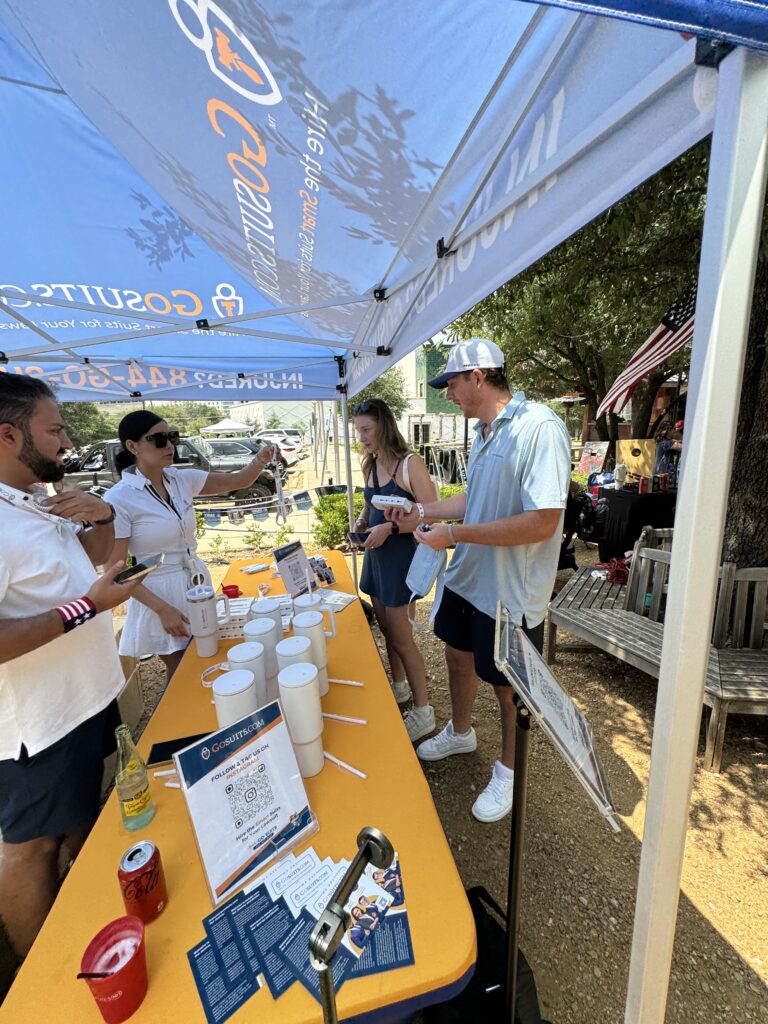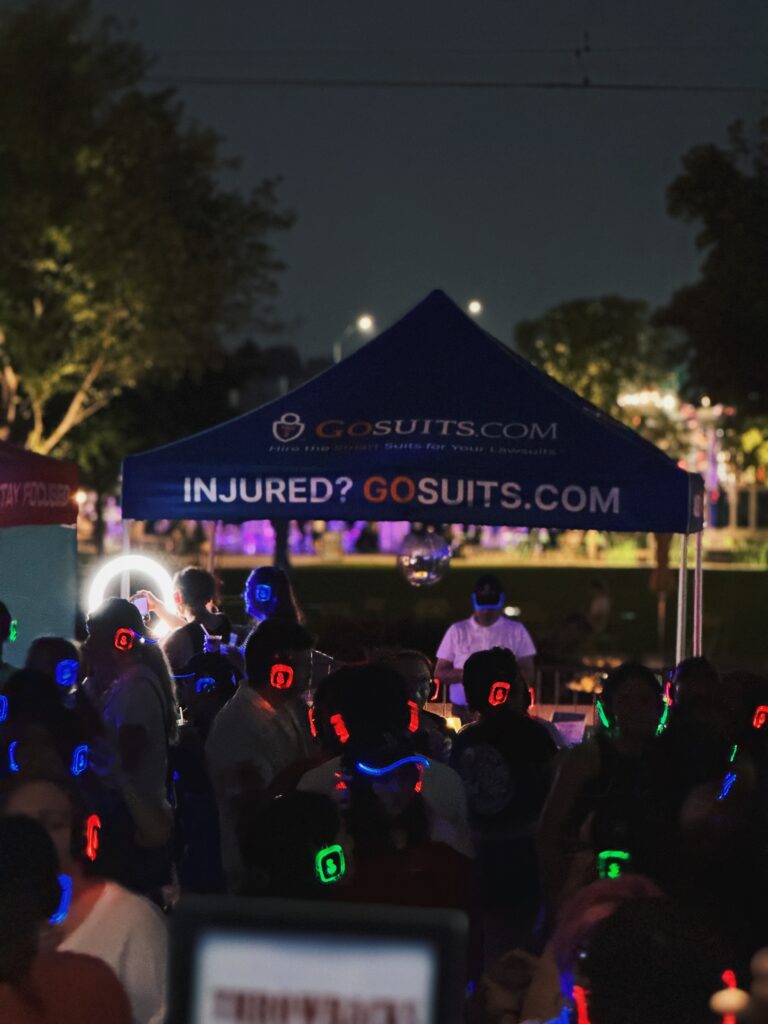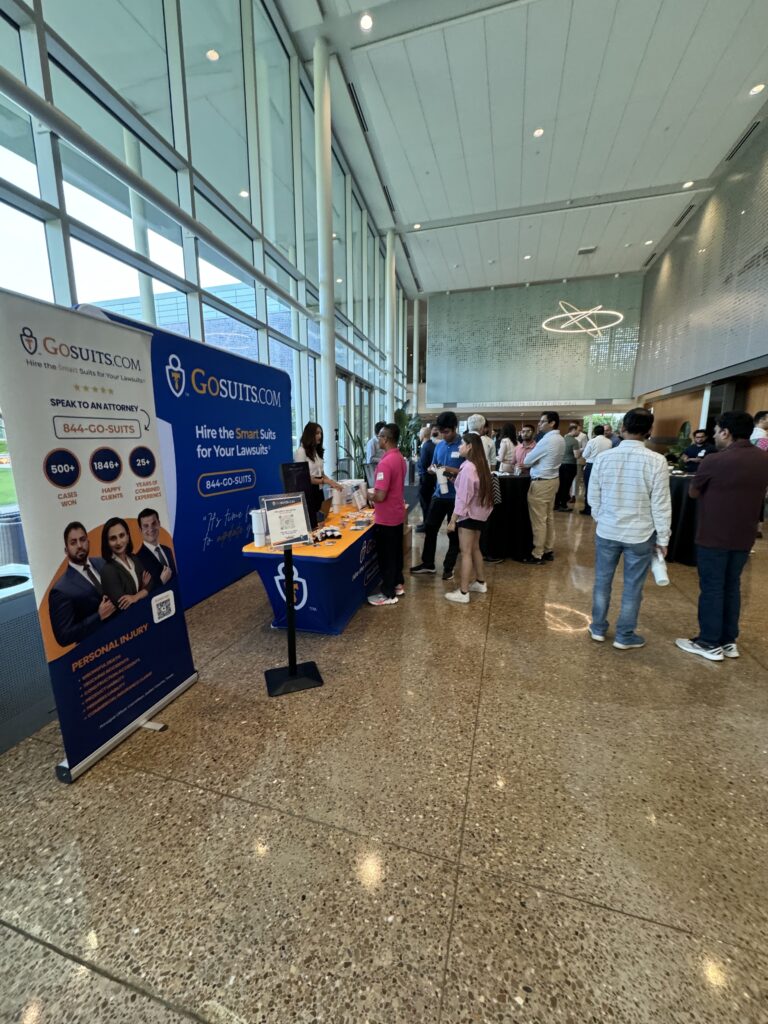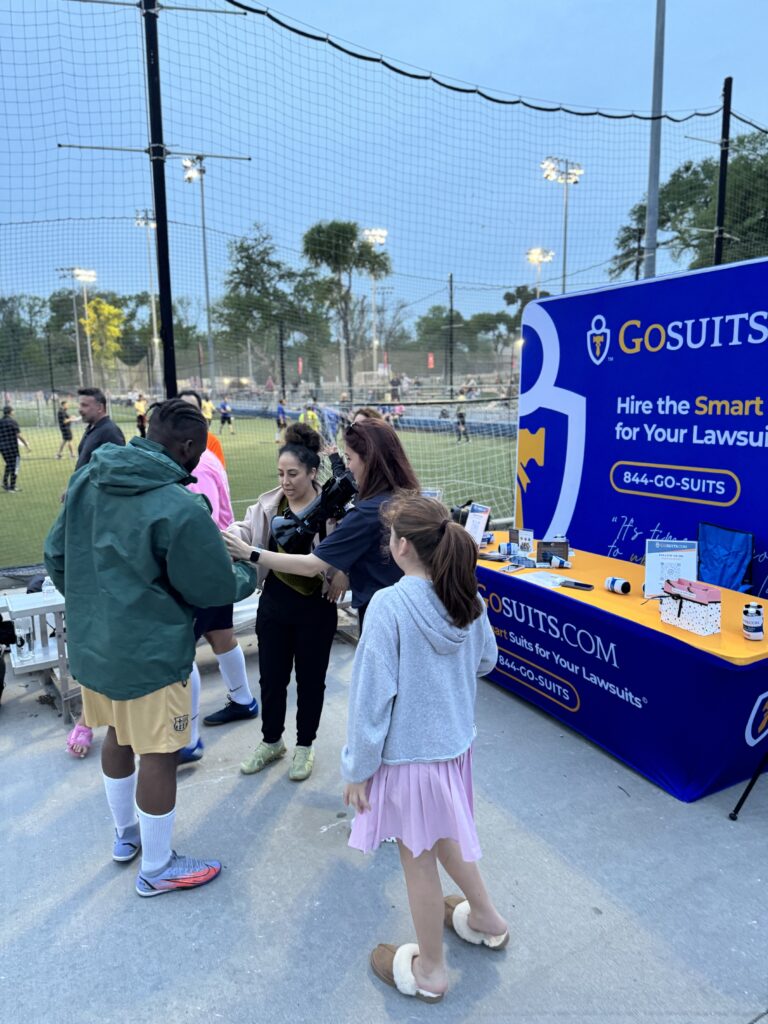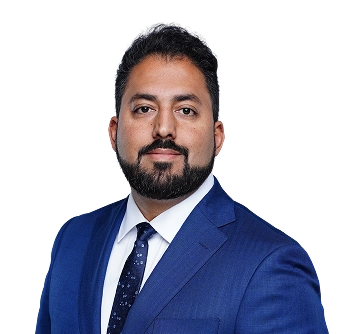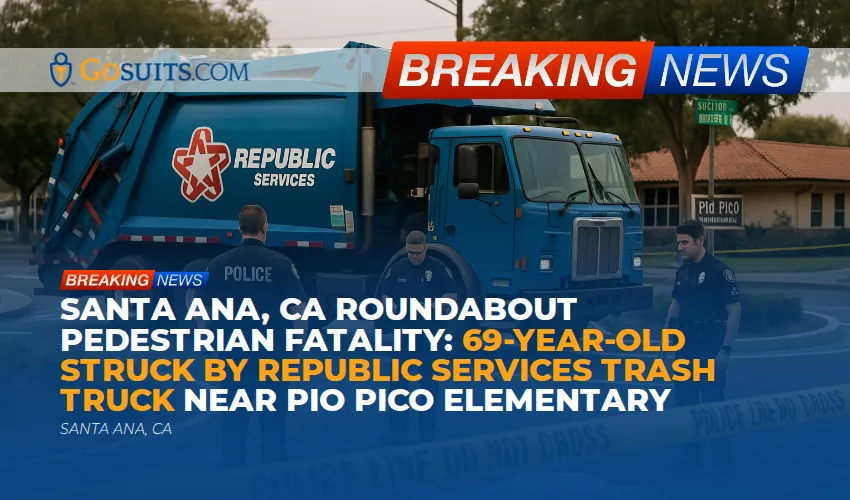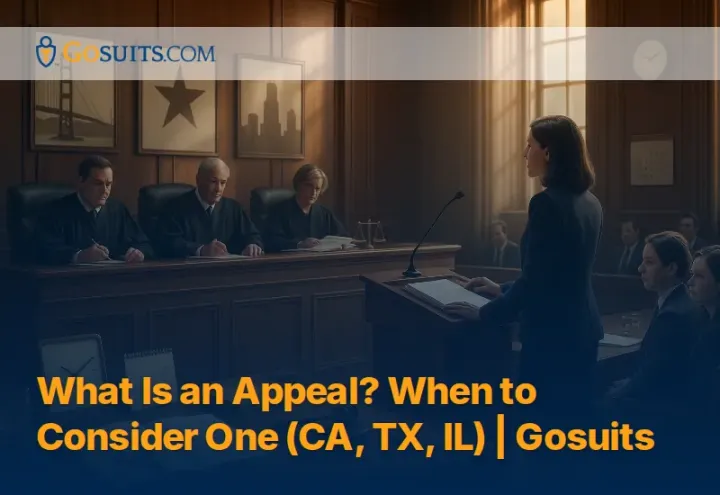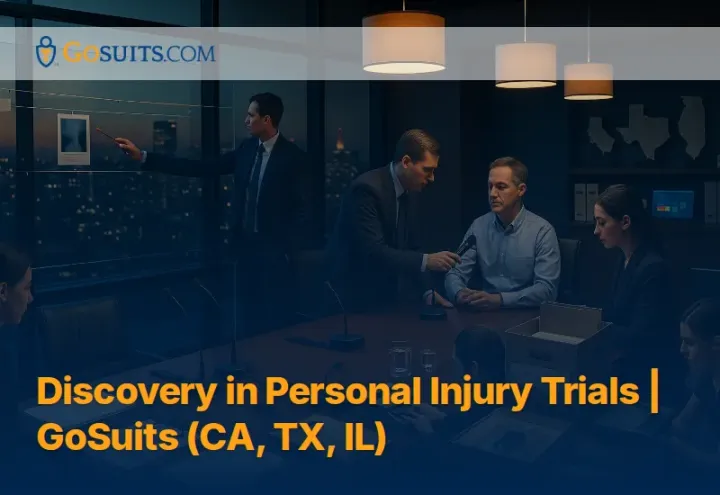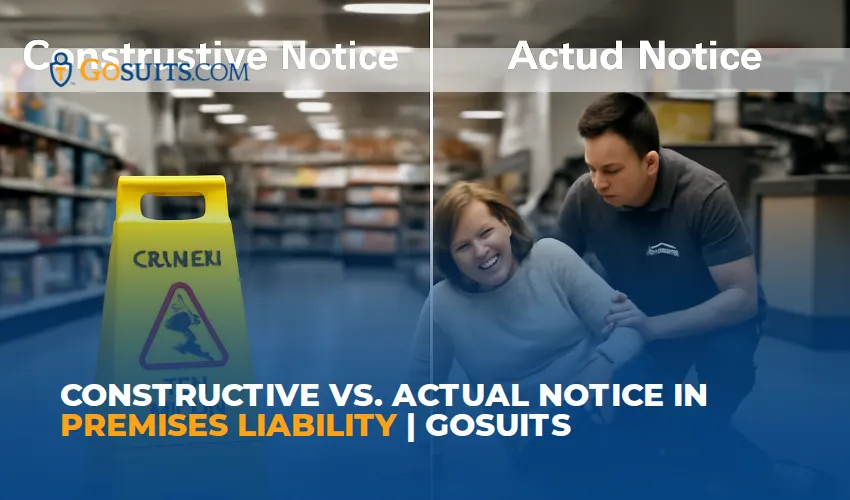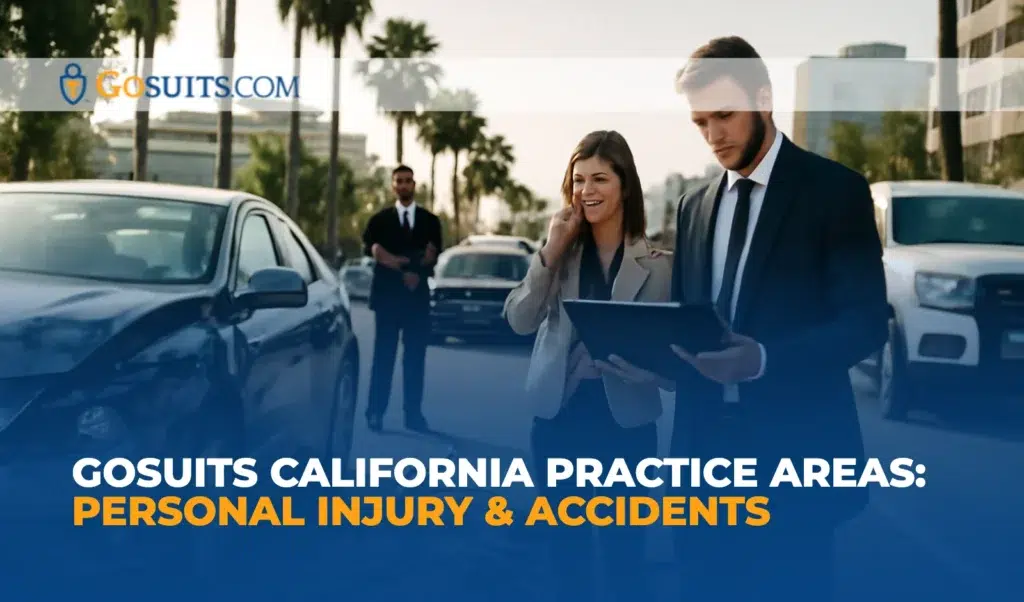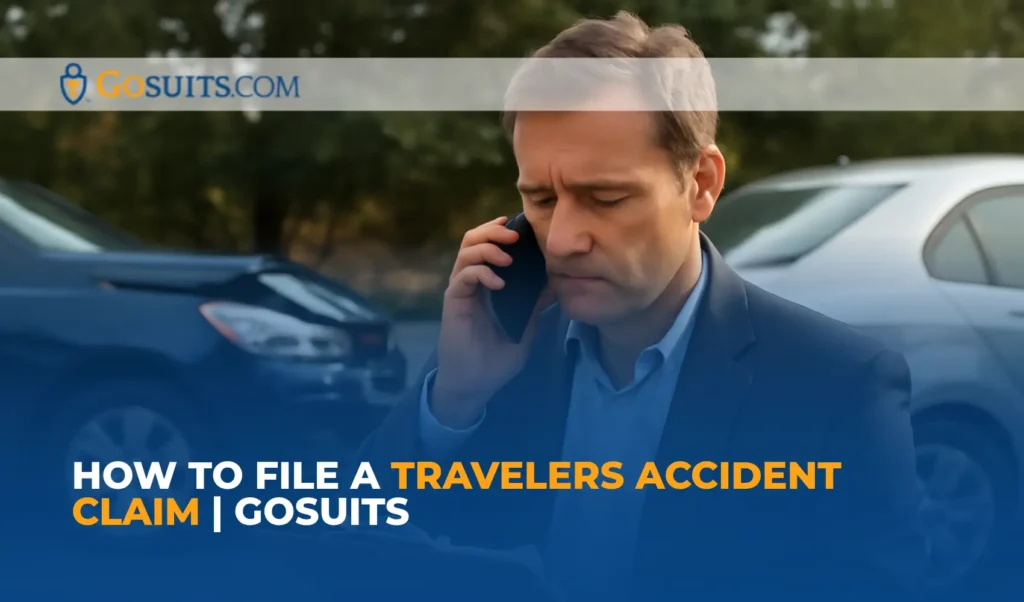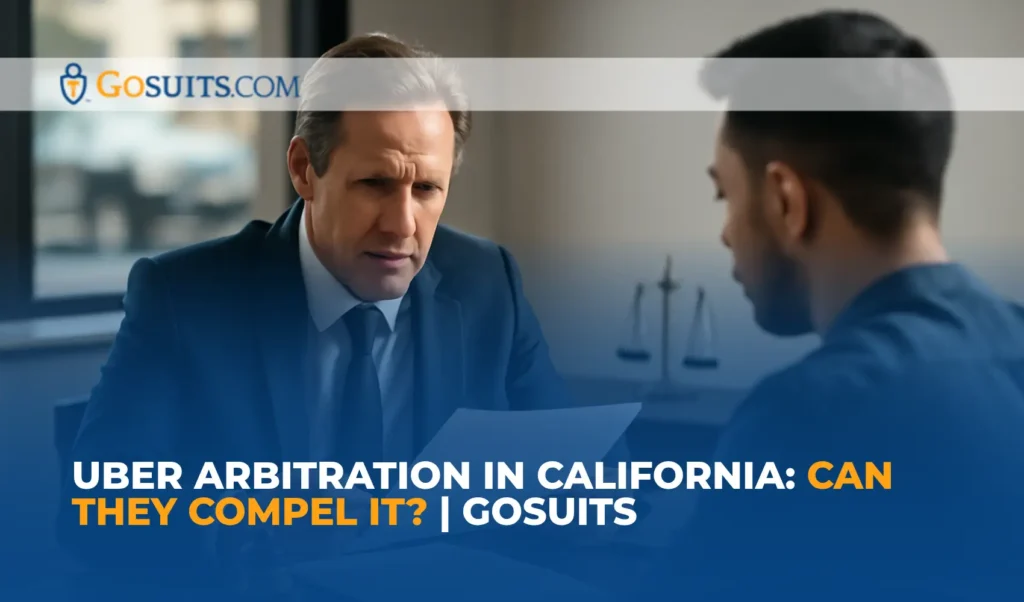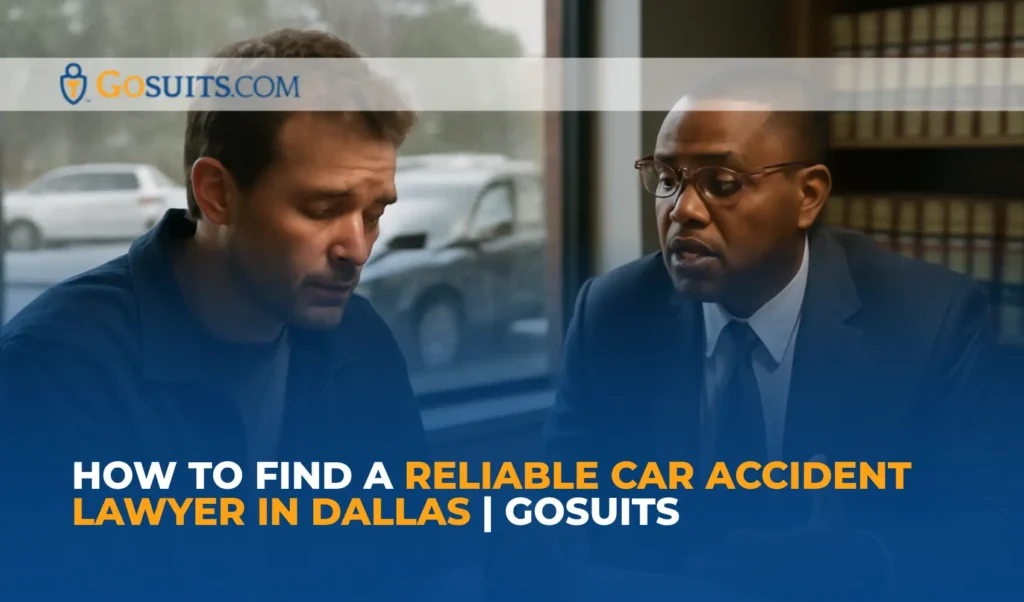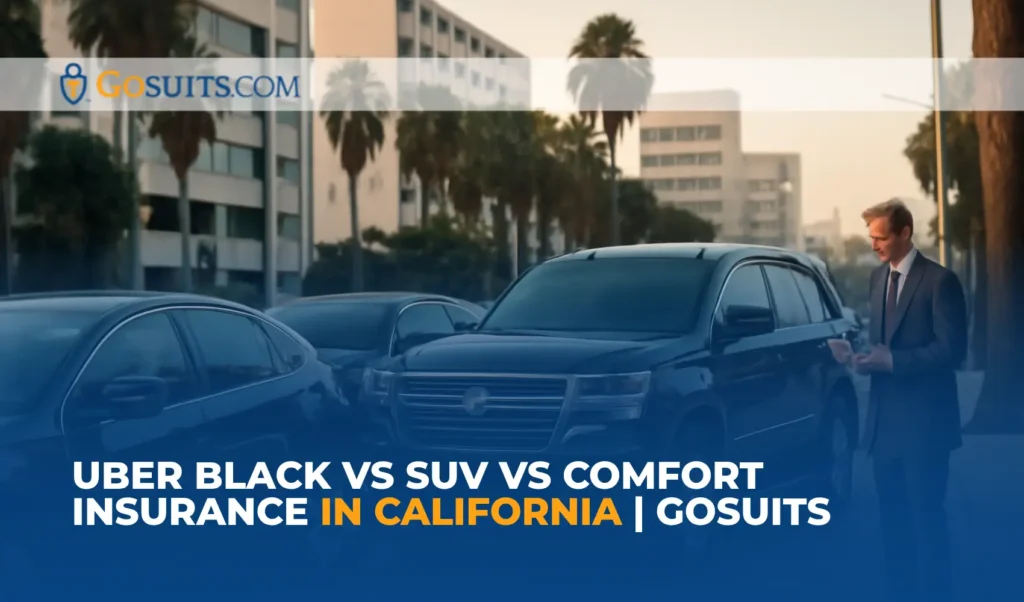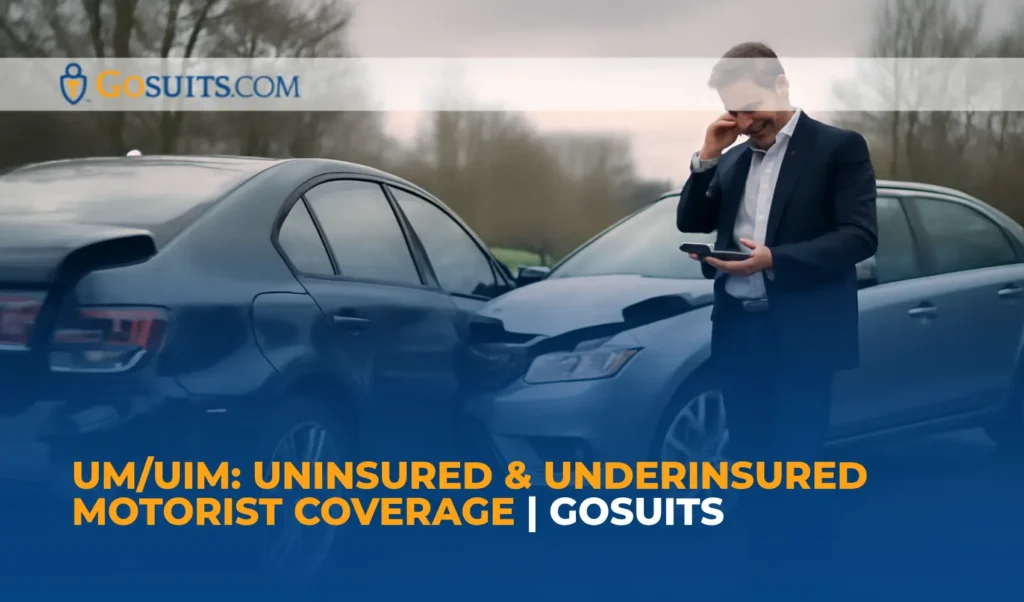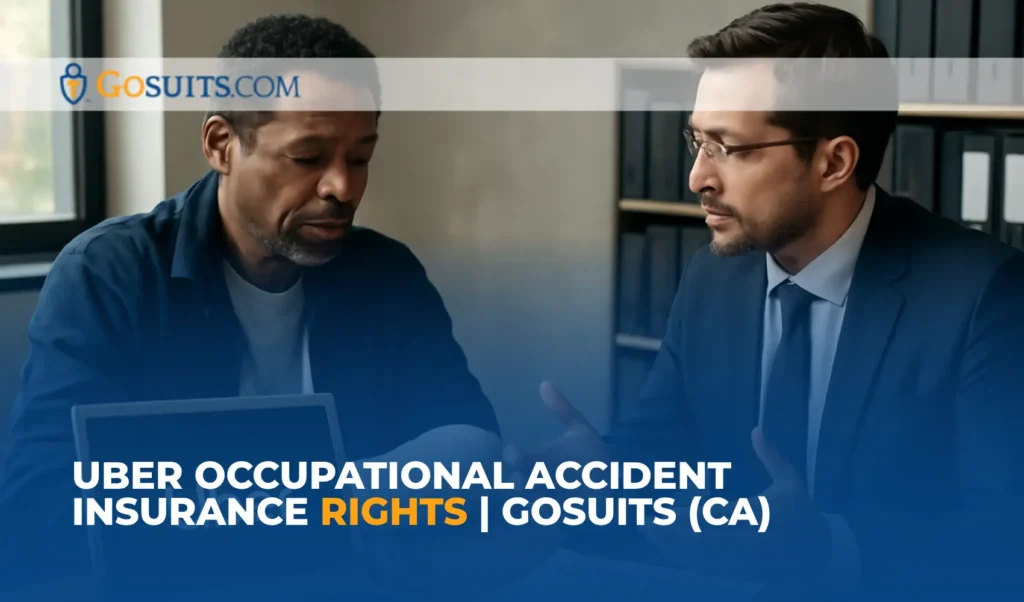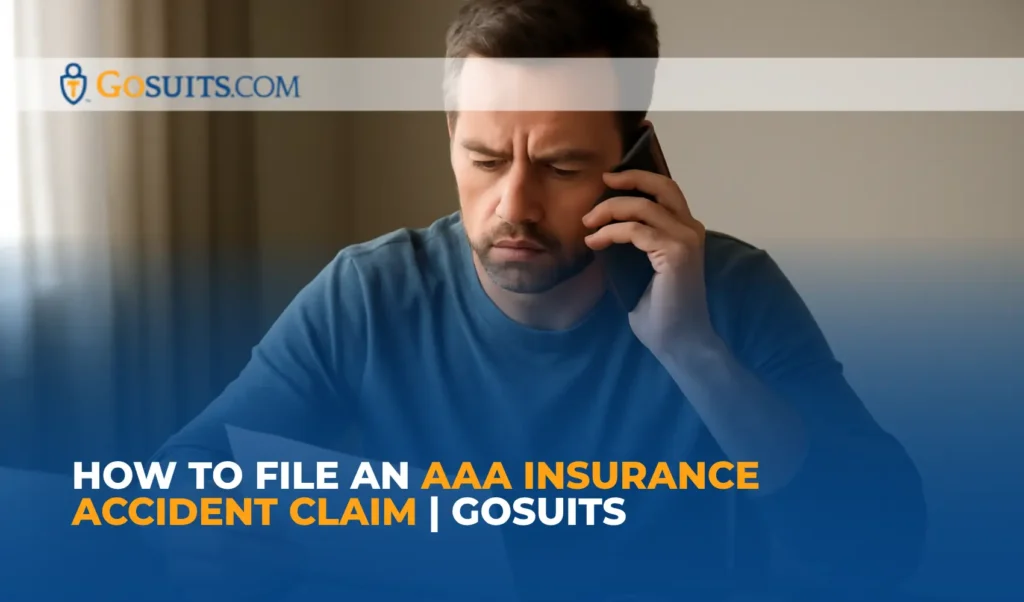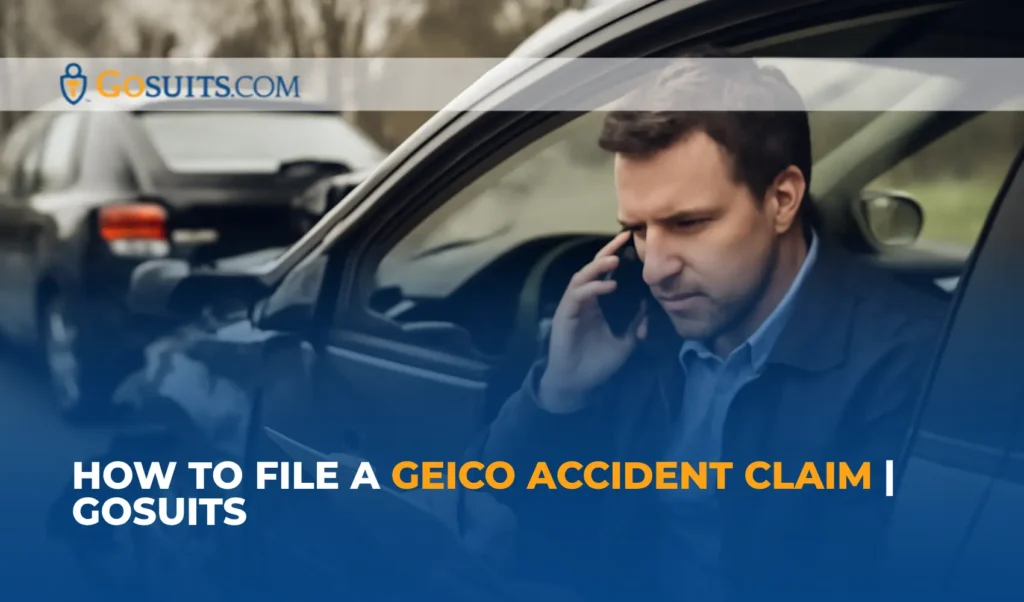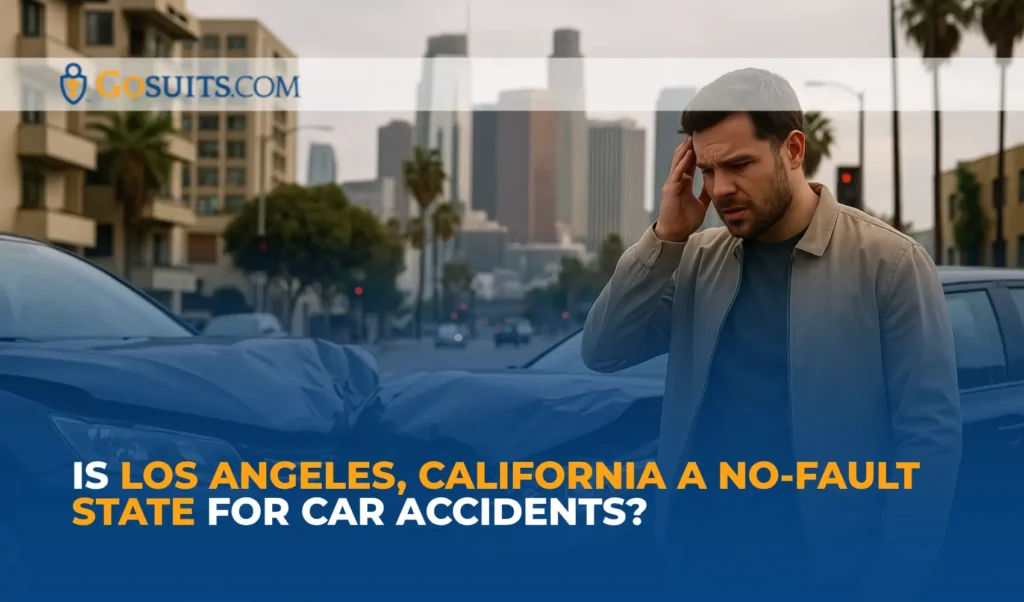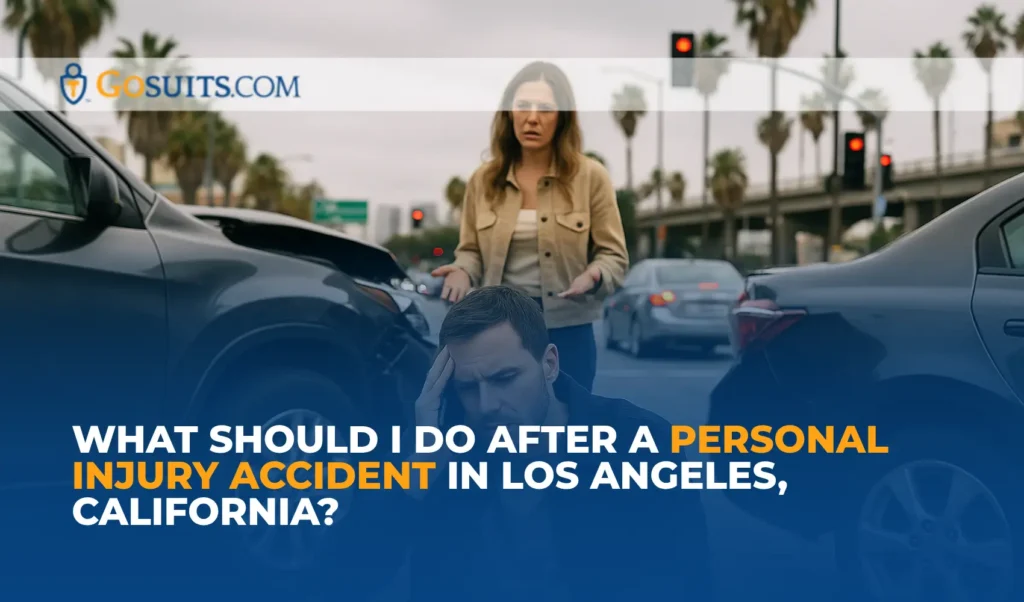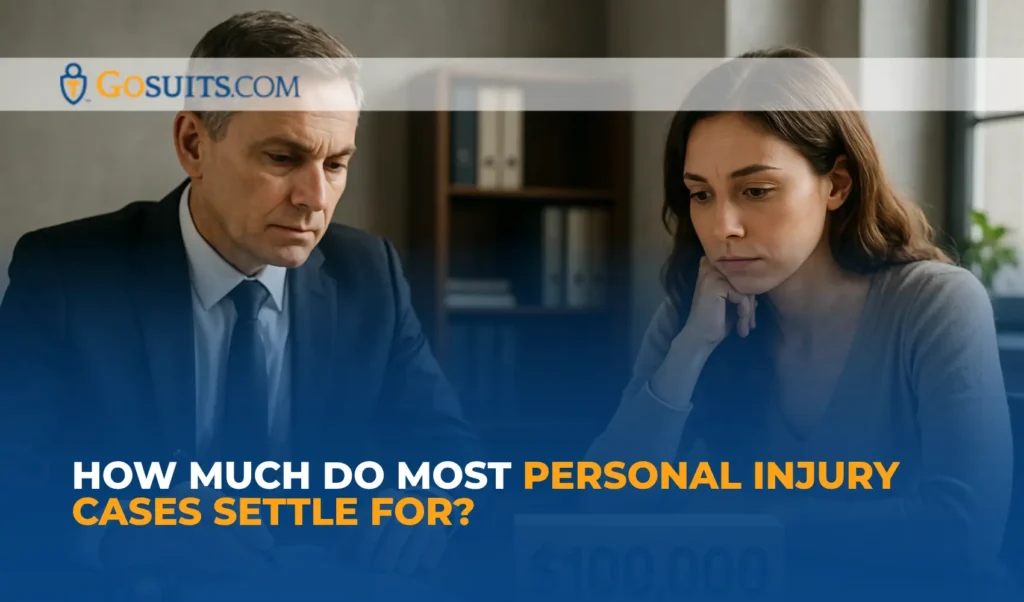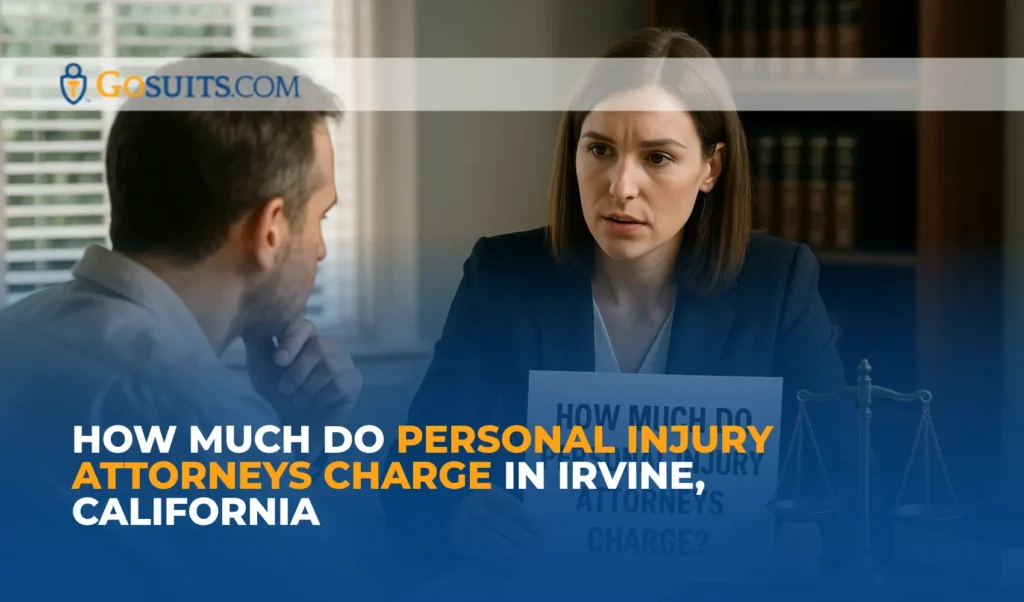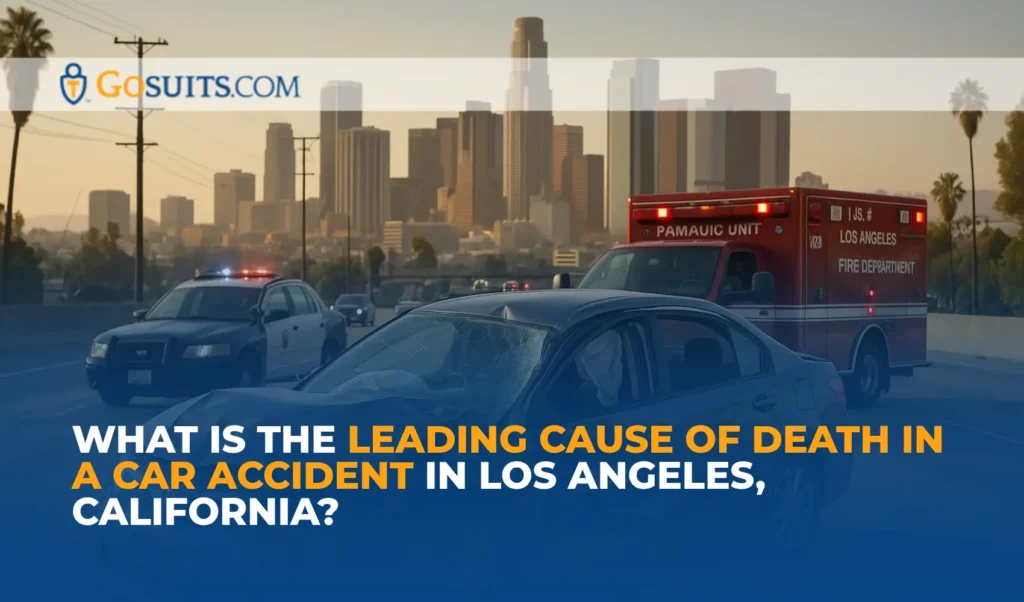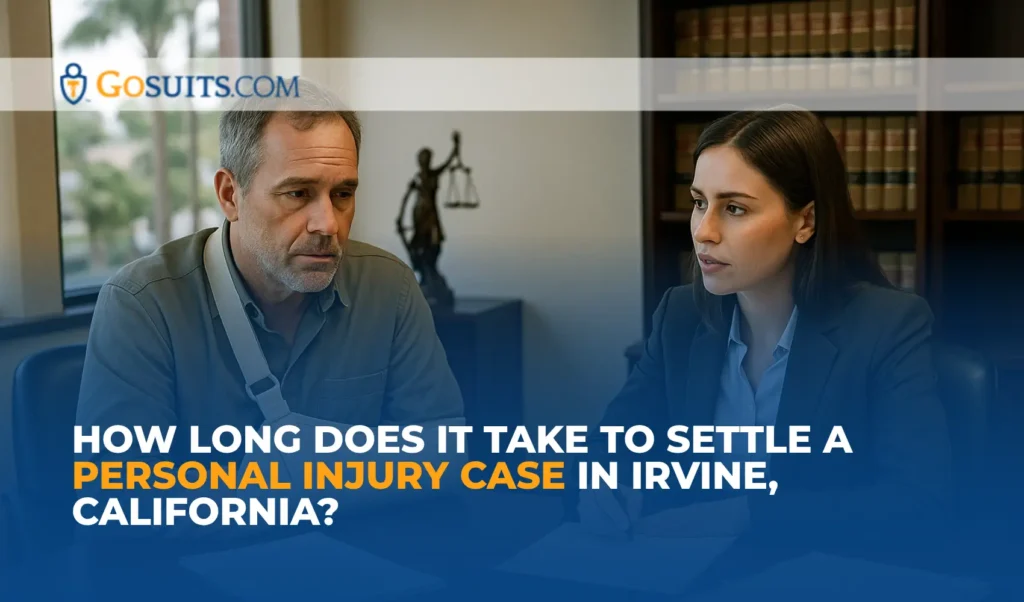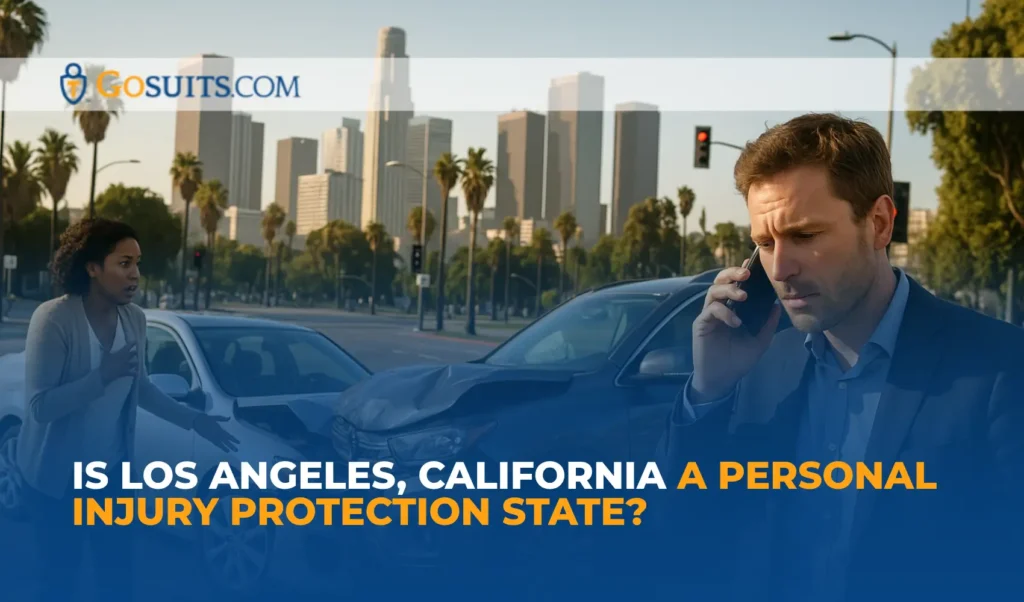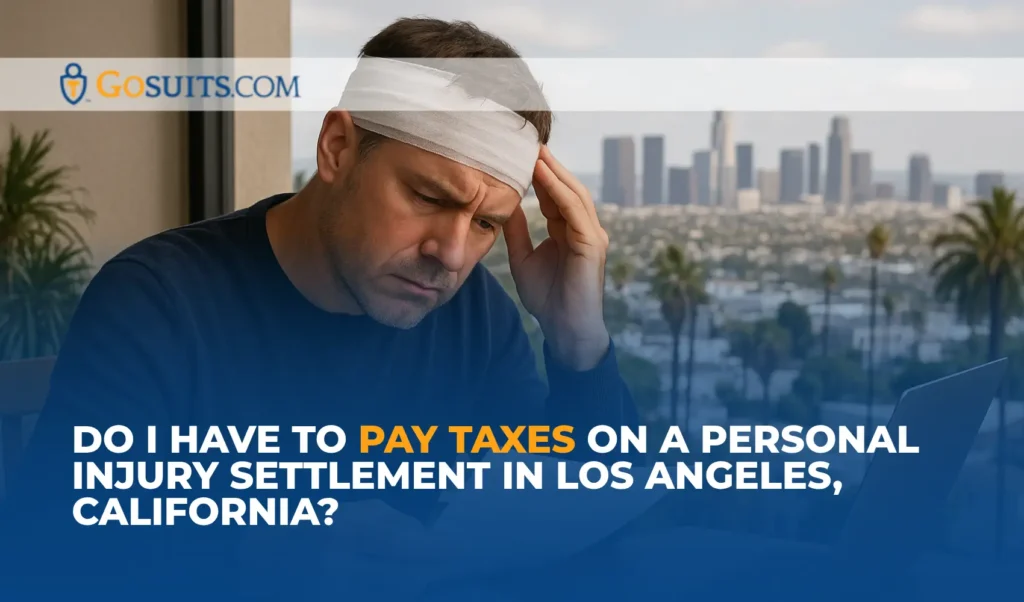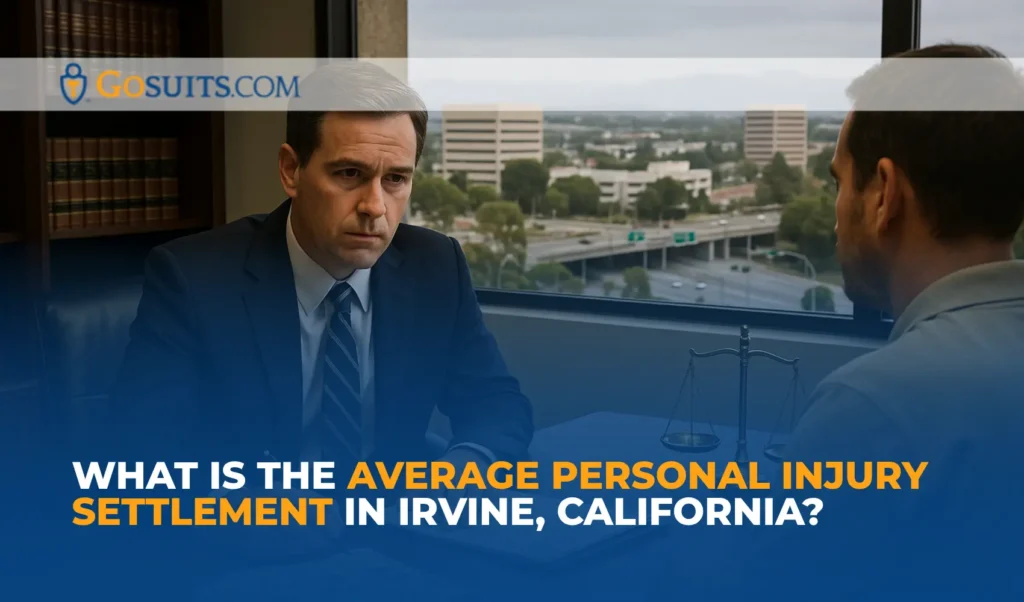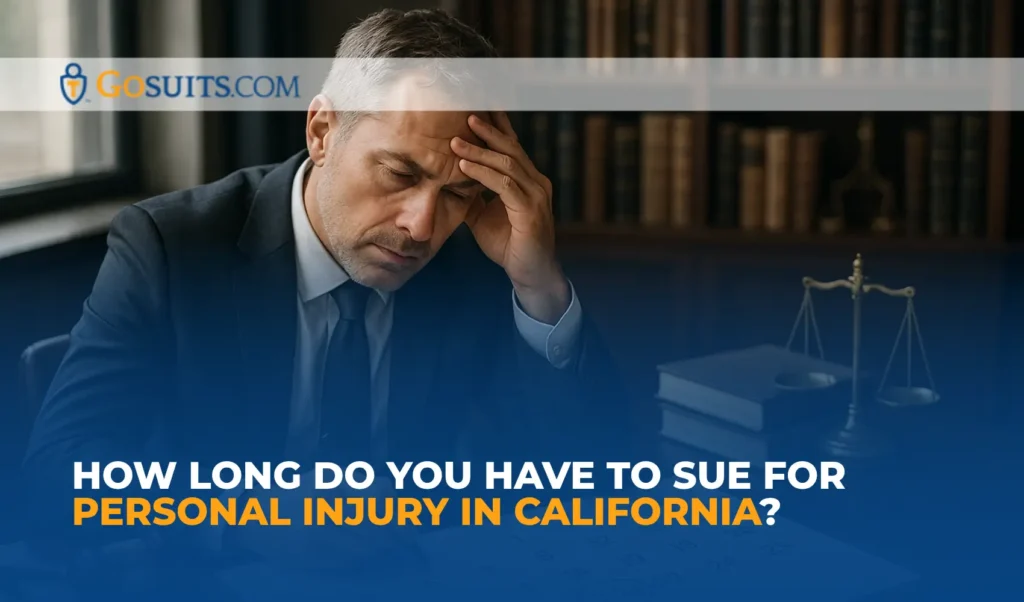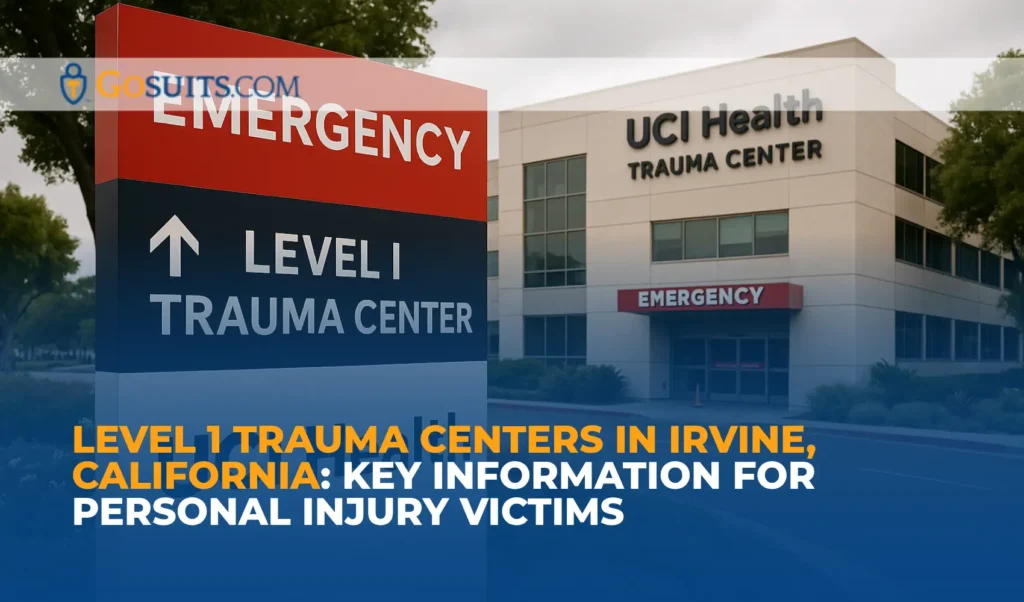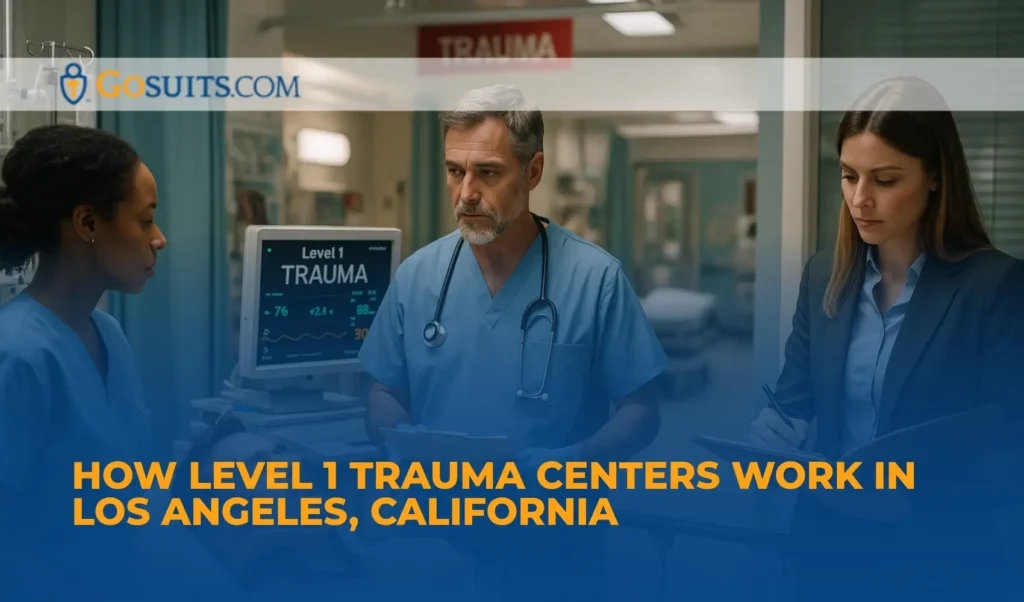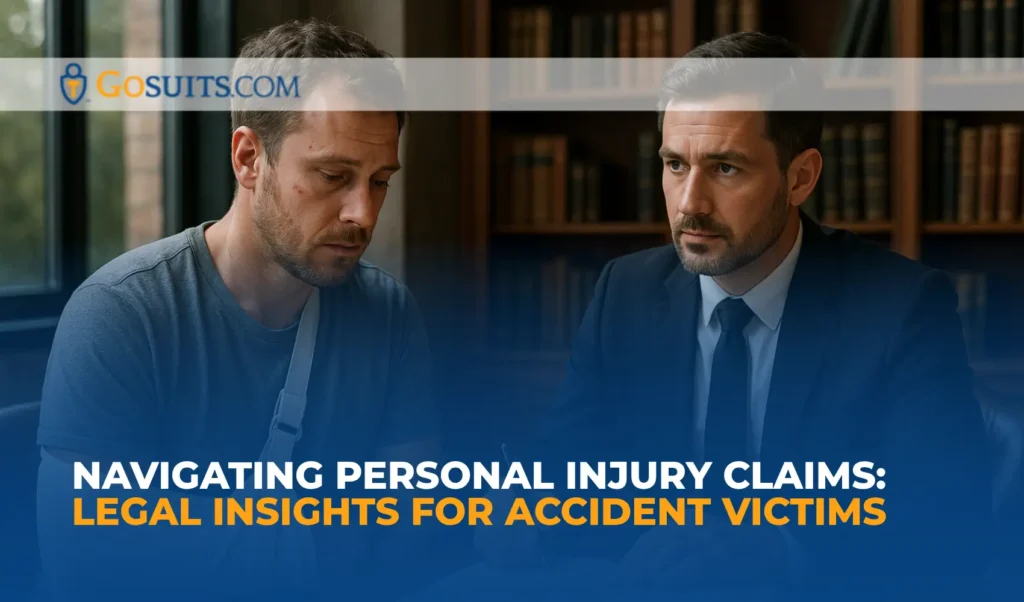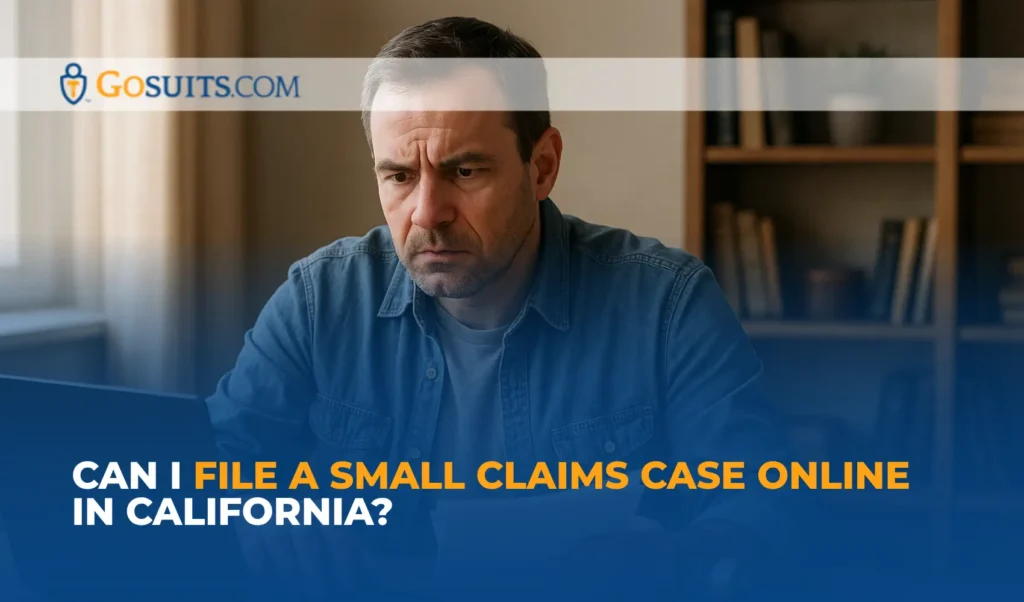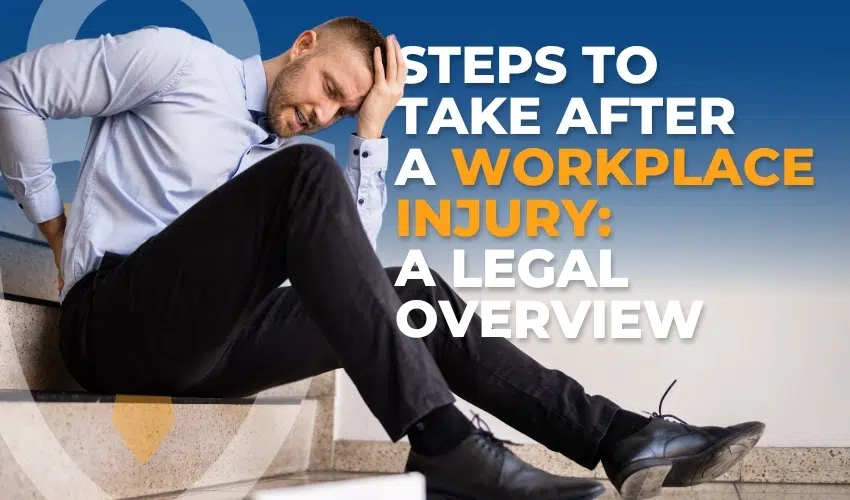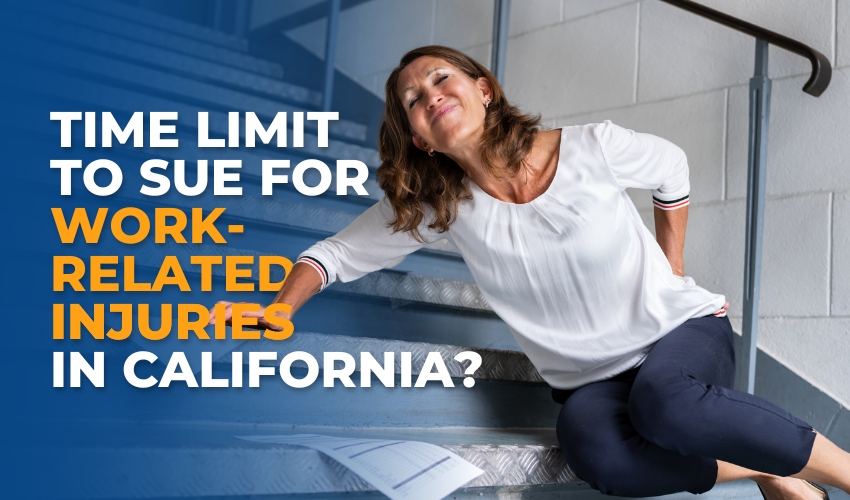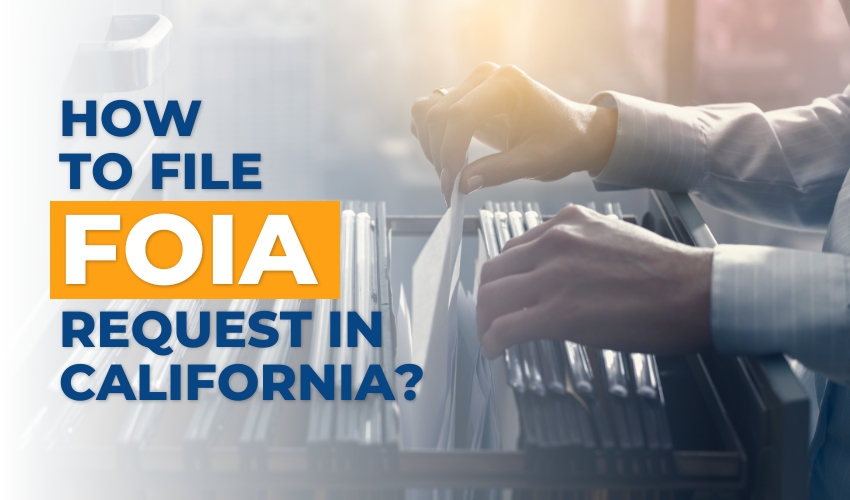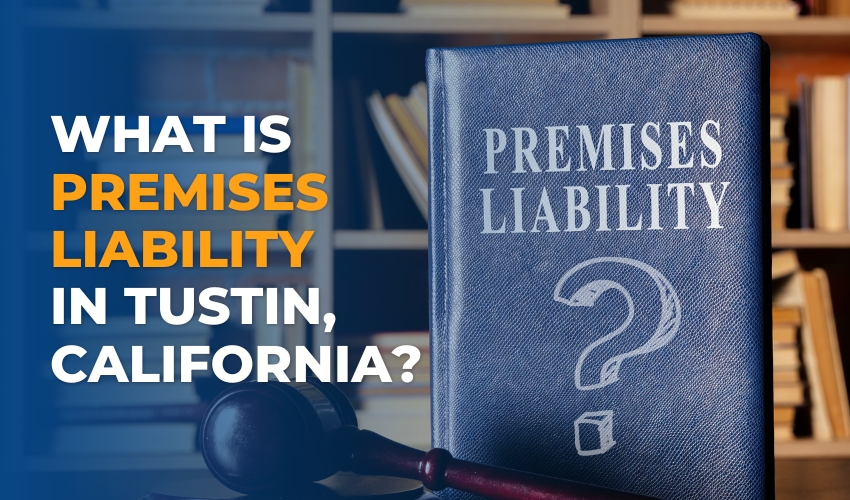Your Guide to Workplace Injury Cases in Santa Ana: Legal Support for Non-Subscriber Claims
A serious workplace injury or wrongful death can have devastating effects, leaving individuals and families grappling with medical expenses, lost wages, and emotional distress. For those employed by non-subscriber employers—businesses that opt out of workers’ compensation insurance, legal action may be the only way to hold employers accountable for unsafe working conditions. Unlike workers’ compensation claims, non-subscriber cases require proving employer negligence. However, they often allow injured workers to pursue broader compensation, including damages for pain and suffering, future medical costs, and loss of earning capacity.
Non-subscriber claims can be legally complex. Injured workers may encounter disputes over liability or defenses by employers attempting to minimize responsibility. Combined with the physical and emotional toll of an injury, these challenges can feel overwhelming. A dedicated Santa Ana work injury lawyer can help alleviate this burden by managing the complexities of your case, allowing you to focus on recovery. With thorough investigations, evidence collection, and strategic advocacy, an excellent work injury attorney in Santa Ana ensures your claim is built on a strong foundation.
Non-Subscriber Workplace Injury Cases in Santa Ana
In Santa Ana, some employers opt out of workers’ compensation insurance, resulting in non-subscriber workplace injury cases. Injured employees in these situations must file personal injury claims to seek compensation. These cases often involve severe injuries such as spinal cord damage, brain trauma, severe fractures, or illnesses caused by exposure to hazardous chemicals. Common causes of workplace injuries include falls, machinery malfunctions, vehicle accidents, and unsafe handling of toxic substances.
Santa Ana’s industries pose various risks. Slips and falls in poorly maintained areas or workplaces with wet floors frequently lead to catastrophic injuries. In industrial settings, chemical exposure can cause chronic respiratory conditions. Even office workers are vulnerable, as repetitive tasks may result in long-term injuries such as carpal tunnel syndrome, which can affect mobility and productivity. In such cases, consulting an excellent work injury lawyer Santa Ana can help you pursue the compensation you deserve.

Compensation in Non-Subscriber Cases
Non-subscriber cases require proof of employer negligence but often allow for more extensive compensation than workers’ compensation claims. Injured employees can recover medical expenses, covering immediate treatments such as hospital visits and surgeries, as well as ongoing care like physical therapy and medications. Victims may also pursue damages for lost wages and reduced future earning potential if their injuries prevent them from continuing in their chosen profession.
Compensation for pain and suffering is also available, addressing the emotional and physical toll of severe injuries. For those requiring extended recovery, rehabilitation costs, including physical therapy or specialized care, may be included in the claim. Families dealing with wrongful death can seek compensation for funeral and burial expenses, providing financial relief during a difficult time. A Santa Ana work injury attorney can help ensure your claim covers all aspects of your losses.
Legal Rights of Injured Workers in Santa Ana
Non-subscriber cases in Santa Ana require employees to file personal injury claims instead of relying on workers’ compensation benefits. This process is typically reserved for serious injuries or fatalities caused by unsafe working conditions or employer negligence. Unlike workers’ compensation, which does not require proof of fault, non-subscriber claims mandate that injured employees demonstrate negligence to pursue compensation.
Successful claims may include damages for medical expenses, lost wages, future earning capacity, rehabilitation costs, and, in fatal cases, funeral expenses and financial support for surviving family members. A knowledgeable work injury attorney Santa Ana can guide you through this process, helping you understand your rights and pursue justice for the harm caused.
How a Non-Subscriber Injury Lawyer Can Help
Navigating a non-subscriber claim can be challenging due to the need to prove employer negligence and counter efforts by insurers to minimize liability. A excellent Santa Ana work injury lawyer can help manage these complexities, from gathering evidence and negotiating with insurance companies to representing you in appeals if needed.
Proving negligence often involves collecting detailed evidence, such as medical records, incident reports, and witness statements. An attorney can also handle communication with insurers to ensure fair compensation, addressing all aspects of your losses, including medical expenses and pain and suffering. For cases involving serious injuries or wrongful death, a Santa Ana work injury attorney can provide compassionate representation, connecting you with resources and supporting you through the legal process.
Steps to Take After a Workplace Injury
If you’ve suffered a workplace injury that may fall under a non-subscriber claim, taking the right steps is essential to protect your rights:
- Report the Incident: Notify your employer immediately to create an official record.
- Seek Medical Attention: Even minor injuries should be evaluated and documented by a medical professional.
- Document Everything: Collect evidence such as photos, witness statements, and records of expenses and missed work.
- Consult a Lawyer: Legal guidance early in the process helps ensure your case is handled properly.
A work injury lawyer Santa Ana can help you navigate these steps and advocate for the compensation you deserve.
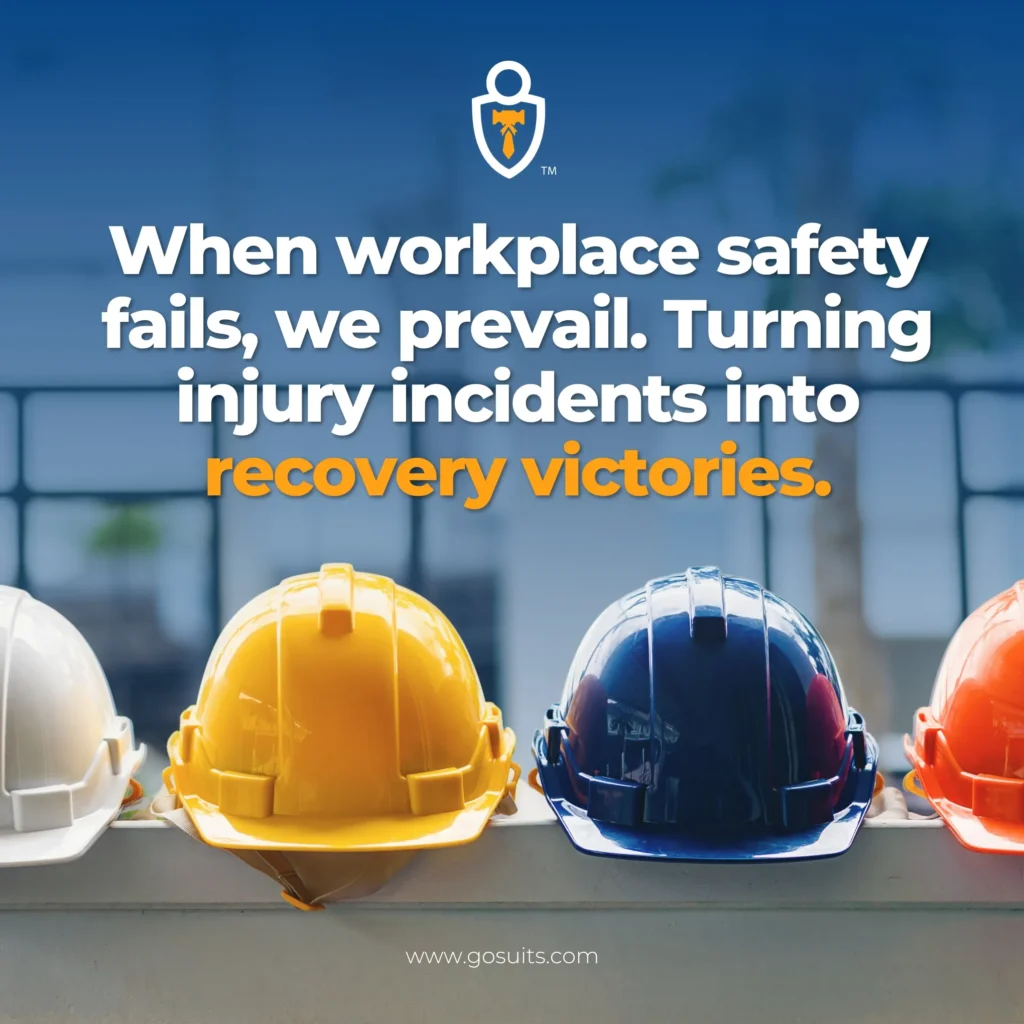
Why Choose Gosuits
At Gosuits, we focus on representing individuals and families in non-subscriber workplace injury cases involving serious injuries or fatalities. Our tailored approach ensures that every aspect of your case is managed effectively, from proving employer negligence to negotiating fair compensation.
Our legal team prioritizes clear communication, providing clients with a thorough understanding of their case progress and available options. We understand the challenges of pursuing compensation for medical expenses, lost wages, and other damages. For families dealing with wrongful death, we offer compassionate support while advocating for financial relief.
Working on a contingency fee basis, we aim to make the legal process accessible, allowing clients to focus on their recovery without upfront costs. If you’re seeking justice for a workplace injury or wrongful death, our excellent team is ready to assist.

